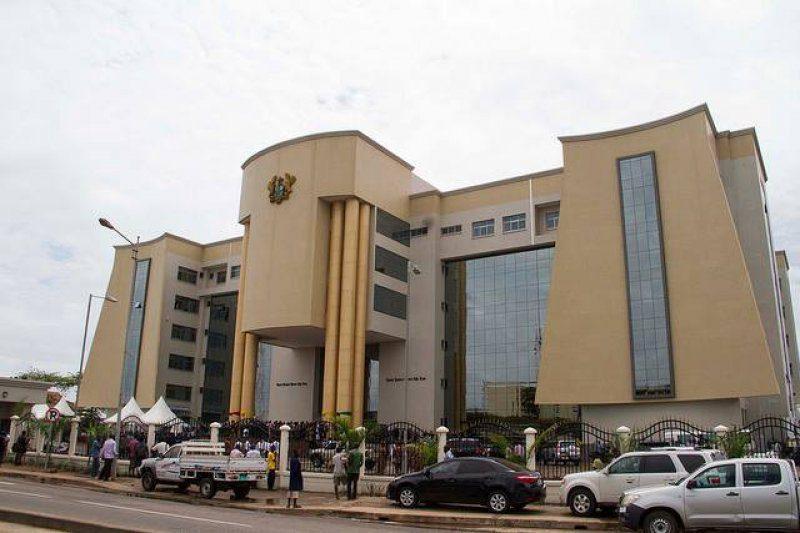Africa-Press – Ghana. Ghana’s judiciary plays a vital role in the country’s business terrain, providing the legal framework that governs commercial activities.
This article argues that the judiciary plays a crucial role in promoting business in Ghana, and that strengthening the judiciary-business community relationship is essential for economic growth and development.
The Judiciary’s Role in Promoting Business
Ghana’s judiciary has made significant strides in promoting business in the country. The courts have consistently demonstrated their commitment to upholding the rule of law, protecting property rights, and enforcing contracts.
This has created a conducive business environment, attracting local and foreign investors alike. For instance, the judiciary’s effective handling of commercial disputes has helped to boost investor confidence, leading to increased investment in key sectors like energy and infrastructure.
Opportunities for the Business Community
The judiciary’s support for business has created numerous opportunities for the business community. Companies can now operate with confidence, knowing that their rights will be protected and their disputes will be resolved fairly and efficiently. This has led to an increase in investment, economic growth, and job creation.
As noted by Dr. Kofi Amoah, a legal expert, “The judiciary’s commitment to upholding the rule of law has been instrumental in attracting foreign investment and promoting economic growth in Ghana”.
Challenges Facing the Judiciary
Despite its successes, the judiciary faces several challenges in its role of promoting business. One of the main challenges is the slow pace of justice, which can lead to delays and uncertainties for businesses. Additionally, the high cost of litigation can be a barrier for small and medium-sized enterprises (SMEs).
As noted by Mr. John Mensah, a business owner, “The slow pace of justice can be frustrating for businesses, as it can lead to delays and increased costs”.
The Way Forward
To address these challenges, the judiciary must continue to improve its efficiency and accessibility.
This can be achieved through the adoption of technology, such as online dispute resolution platforms, and the establishment of specialized commercial courts.
Additionally, the judiciary must work closely with the business community to understand their needs and concerns, and to develop solutions that meet those needs.
As noted by Justice Sophia Akuffo, a Supreme Court judge, “The judiciary is committed to supporting the business community and promoting economic growth in Ghana. We will continue to work towards improving our efficiency and accessibility to meet the needs of businesses”.
Conclusion
In conclusion, the judiciary plays a vital role in Ghana’s business terrain, providing the legal framework that governs commercial activities.
While there are challenges to be addressed, the judiciary has made significant strides in promoting business and protecting the rights of companies. By continuing to improve its efficiency and accessibility, the judiciary can help to create a more conducive business environment, attracting investment and driving economic growth.
Author: Raymond Koffie, MBA, BSc, Part-time Lecturer, University of Education, Winneba
About the Author
Raymond Koffie is a seasoned logistics and supply chain management professional with over 10 years of experience in the military and private sector. He holds an MBA in Logistics and Supply Chain Management from the University of Ghana, and a Bachelor of Science (BSc) degree in Business Administration from the University of Ghana. He is also a certified security specialist and protection professional. Raymond is passionate about economic development and has written several articles on the topic. Additionally, he is a Part-time Lecturer at the University of Education, Winneba, where he teaches logistics and supply chain management courses.
For More News And Analysis About Ghana Follow Africa-Press







